Previous Winton Chair Holders & Visiting Scholars
Winton Cornerstone Visitors
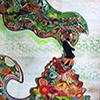
2016 Ruth Nicole Brown, Shá Cage, Alexis Pauline Gumbs, Signe Harriday, and Andrea Jenkins visited campus to lead a wide-ranging series of workshops, lectures, and performances in a Winton Cornerstone Event titled, “Learning to Breathe: Black Feminism, Performative Pedagogies & Creative Praxis.”
Ruth Nicole Brown is an associate professor in Gender and Women’s Studies, and Education Policy, Organization and Leadership at the University of Illinois at Urbana-Champaign. Author of the 2013 book, Hear Our Truths: The Creative Potential of Black Girlhood, Dr. Brown is the visionary of Saving Our Lives, Hear Our Truths (SOLHOT), a practice based, publicly engaged, collectively organized space for Black girls to envision Black girlhood anew; she is a member of the band, We Levitate, with Porshe Garner, Jessica Robinson, and Blair E. Smith—all of whom accompanied Dr. Brown for performances at the University of Minnesota.
Shá Cage and Signe Harriday are the co-founders of Mama Mosaic Theater (for Women) in Minneapolis. Ms. Cage is a prolific actor, playwright, and performance artist whose work and activism has taken her all around the world. She has been named a Community Leader by the Loft’s Equilibrium program, a “Change-maker” by the Women’s Press, and “Female Artist of the Year” by the Urban Griots. Ms. Harriday is an actor and educator who earned her MFA in Acting at the American Repertory Theatre/ Moscow Art Theatre Institute for Advanced Theatre Training at Harvard University. She has developed different programs to meet the needs of collaborating arts organizations, diverse youth, and her own desire to be a positive agent of social change through the arts in her community.
Alexis Pauline Gumbs is a public intellectual based in North Carolina. Dr. Gumbs is a creator of publishing platforms in new media, and founder of the educational projects Eternal Summer of the Black Feminist Mind Summer and Summer of Our Lorde Writing Workshop. The author of One Hundred and One Things that are Not True about the Most Famous Black Women Alive: List Poems and “We Can Learn to Mother Ourselves: The Queer Survival of Black Feminism”, her work has also been featured in numerous anthologies on topics relating to black lesbian and queer identities, black feminist literature, relationships, antiviolence activism, and politics. Andrea Jenkins is an award-winning poet and writer based in Minneapolis. She has performed with The Outward Spiral Theatre, Mama Mosaic and 20% Theatre.
Ms. Jenkins is the author three chapbooks of poems and her first full length book of poetry called The “T” is NOT Silent: New and Selected Poems. Currently co-curator of the Queer Voices Reading Series at Intermedia Arts, Ms. Jenkins also works as Oral Historian for the Transgender Oral History Project, for the Tretter Collection at the University of Minnesota.
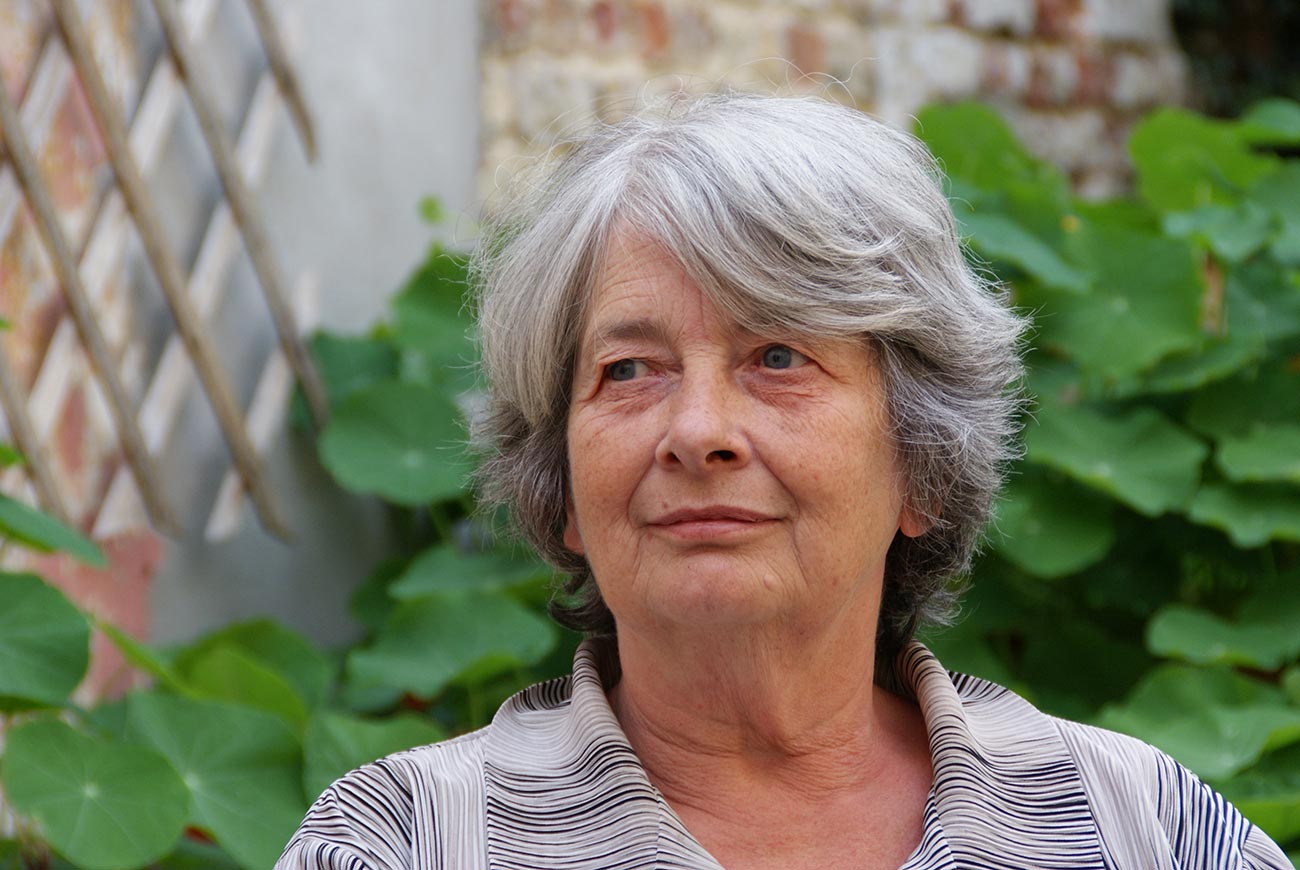
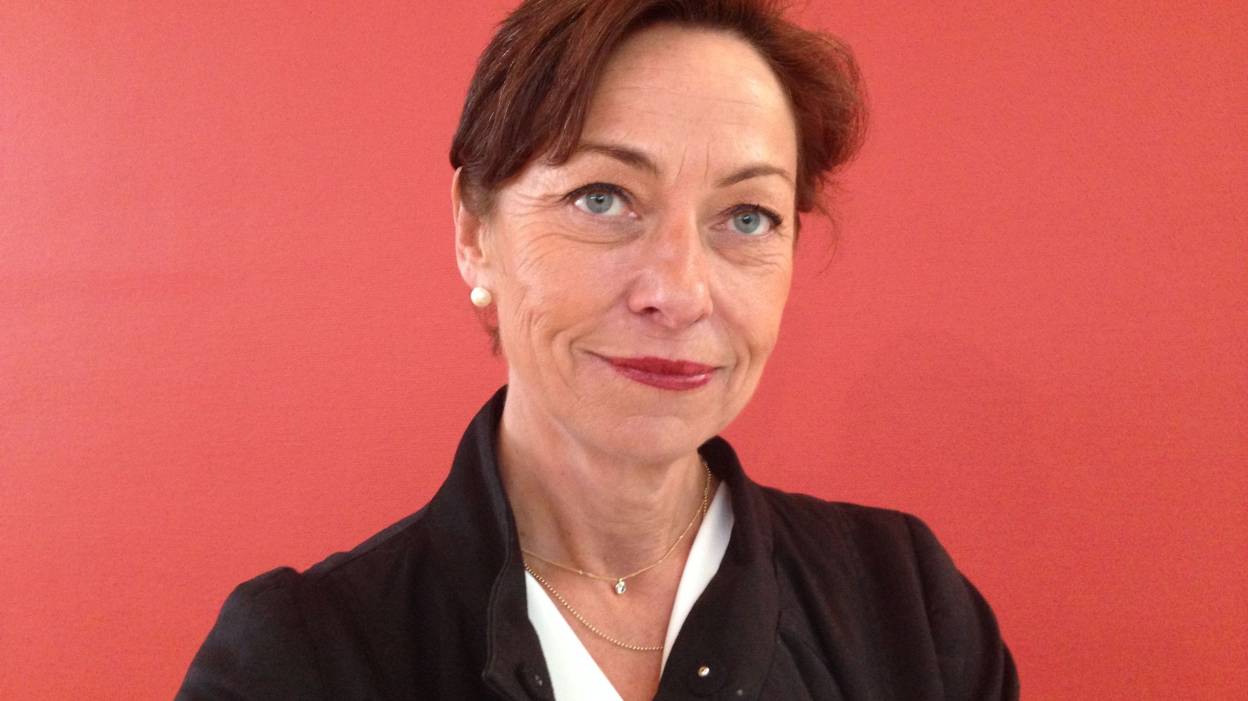
2015 Isabelle Stengers and Vinciane Despret are prominent feminist philosophers in Europe whose work has had a profound influence in the U.S. An influential theorist of science, Stengers is known for her work interpreting the thought of Alfred North Whitehead and for her collaborations with Bruno Latour. Despret is similarly well-known for her work to bridge philosophy and science; in her case, with an especial focus on animal studies. In April 2015, their Winton Cornerstone Event ranged across multiple programs and conversations. These included a workshop-style discussion of their 2014 book Women Who Make a Fuss (facilitated by UMN Professor Naomi Scheman) and a panel discussion around the theme of “What is Scientific Thinking?” (staged at Midway Contemporary Art, facilitated by UMN Professor Bruce Braun and editor Drew Burk, and drawing approximately 200 audience-member participants).

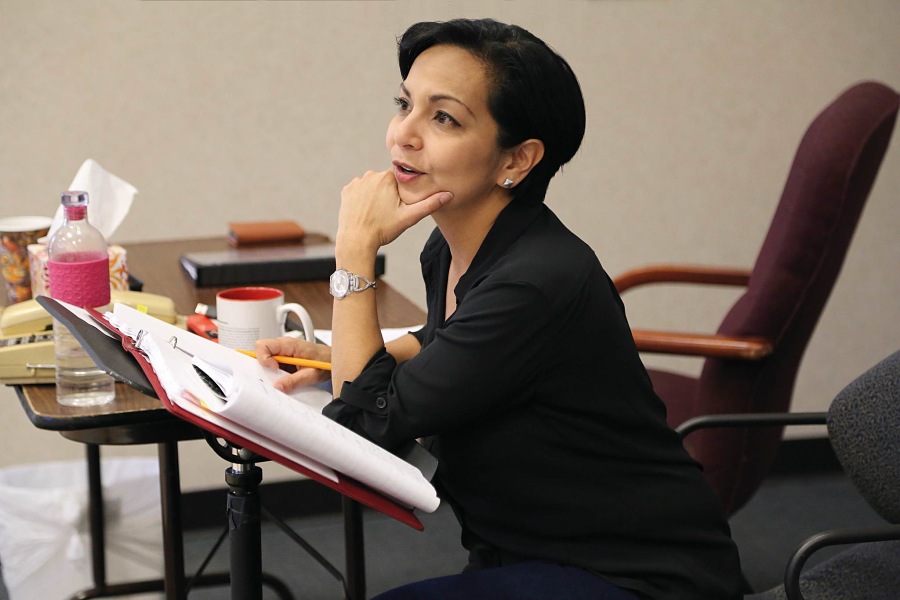
2015 Mayanthi L. Fernando and Seema Sueko brought their work together in conversation for the first time in the context of a Winton Cornerstone Event. Dr. Fernando is Associate Professor of Anthropology at UC Santa Cruz and the author of The Republic Unsettled: Muslim French and the Contradictions of Secularism. Ms Sueko is a renowned playwright; she founded San Diego’s Mo’olelo Performing Arts Company, served as Associate Artistic Director of the Pasadena Playhouse, and joined Arena Stage in Washington DC as their Deputy Artistic Director in 2016. During the Cornerstone Event, Dr. Fernando shared her research working among French Muslim girls and young women; Ms. Sueko discussed the writing and production of her play, Hijab Tube. Staged at Mixed Blood during April of 2015 (coinciding with the Cornerstone), the play centers on a young Muslim-American woman who—confused about how and whether to wear a traditional Islamic hijab—took her questions to YouTube, drawing a range of differing and illuminating responses. During their visit, Dr. Fernando held workshops with students and faculty in the UMN departments of Anthropology; Cultural Studies & Comparative Literature; French & Italian; Gender, Women & Sexuality Studies; Geography; and Theatre Arts & Dance. Ms. Sueko offered a workshop on “Consensus Organizing in the Arts” which drew participants from a range of area arts institutions, including the Children’s Theatre Company, Guthrie Theatre, In the Heart of the Beast, and Roosevelt High School.

2014 Joanna Zylinska is a professor of new media and communications at Goldsmiths, University of London. She is a cultural theorist whose central object of inquiry is new media -- but Zylinska's work is oriented toward ethical questions raised by the technology and the culture of new media (Life After New Media: Mediation as a Vital Process, 2012, and Bioethics in the Age of New Media, 2009).
A photographer as well as curator/artistic director, she has also worked on post-Holocaust Polish culture, cyborgs, performance art, vitalism, and theories of the Anthropocene. She has been the artistic director of Transitio_MX05 Biomediations, the Festival of New Media Art and Video in Mexico City. In 2011 she was Beaverbrook Visiting Scholar at McGill University in Canada. Her photography has appeared on journal covers, in festivals, and in exhibits around the world (London, Melbourne, and New York).

2014 Nigel Clark is professor in the Lancaster University Environment Centre. His work on the relation between humans and the material world has been very influential (via his 2011 book Inhuman Nature). Clark's work raises tough questions for us about human life on Earth -- its past and future -- that not only span disciplines on campus, but the entirety of our contemporary life. In spring 2014 he conducted two workshops, Negotiating Planetary Boundaries Using Rock, Fire and Water and Human Geology: Pyrotechnics and the Long Anthropocene.
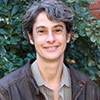
2014 Miranda Joseph is an associate professor of gender and women's studies at the University of Arizona in Tucson. She is the author of Against the Romance of Community (University of Minnesota Press, 2002) and A Debt to Society: Accounting for Life Under Capitalism (University of Minnesota Press, 2014). In spring 2014 she gave the lecture Debt to Society: Accounting for LIfe Under Captialism.
Winton Chairs in the Liberal Arts
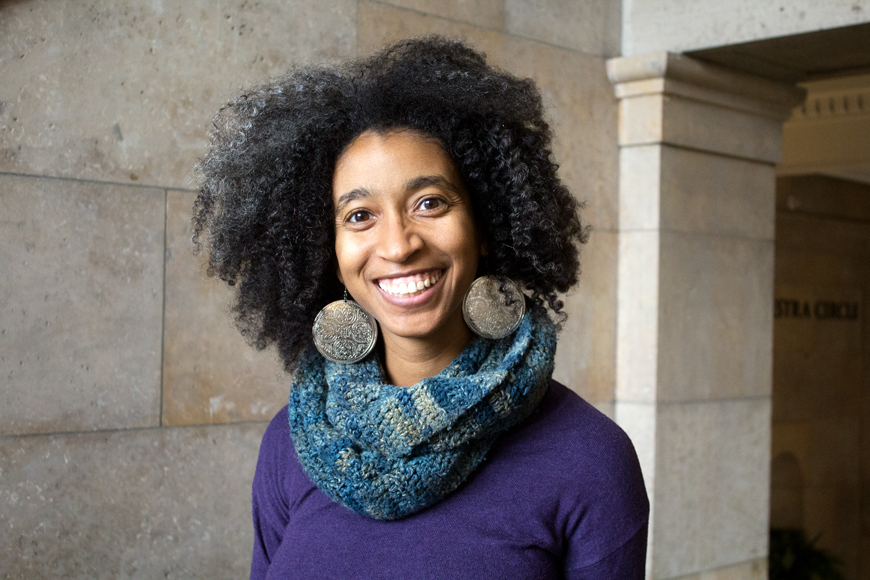
2017-2019 Alexis Pauline Gumbs, the author of Spill: Scenes of Black Feminist Fugitivity (Duke University Press, 2016), and M Archive: At the End of the World (Duke University Press, forthcoming). Dr. Gumbs has been hailed as an innovative public intellectual whose work challenges “the boundaries of artmaking and scholarship”. She is a practicing poet, artist, educator, and scholar, and the first person to do archival research in the papers of Audre Lorde, June Jordan, and Lucille Clifton, conducted while achieving her PhD in English, Africana Studies, and Women’s Studies at Duke University. In 2002, at the age of nineteen, Dr. Gumbs founded BrokenBeautiful Press a grassroots publishing initiative inspired by Kitchen Table Press, which has published several poetry collections, educational zines, transformative workbooks, and online projects. She is also the founder of the Eternal Summer of the Black Feminist Mind, a transmedia-enabled community school and lending library based in Durham, North Carolina, and co-creator of the Mobile Homecoming Project, a national experiential archive amplifying generations of black LGBTQ brilliance. In 2012, Alexis founded Brilliance Remastered, a multifaceted educational project to support visionary underrepresented graduate students and emerging community-accountable scholars in staying connected to their purpose and their communities.
While at Minnesota, Dr. Gumbs will be facilitating immersive embodied intensives for and with graduate students, undergraduate students, faculty, staff, and community members while also initiating a practice of broader community engagement at the University and in the Twin Cities. In all instances, Dr. Gumbs will extend her characteristic practice of purposeful presence, challenging audiences to become collaborators in the work of listening, receiving, and remaking. During her residency, Dr. Gumbs will also continue her ongoing creative partnership with the writer, artist, preacher, and filmmaker, Sangodare (also known as Julia Roxanne Wallace). This collaboration has been made possible by the Department of Art.
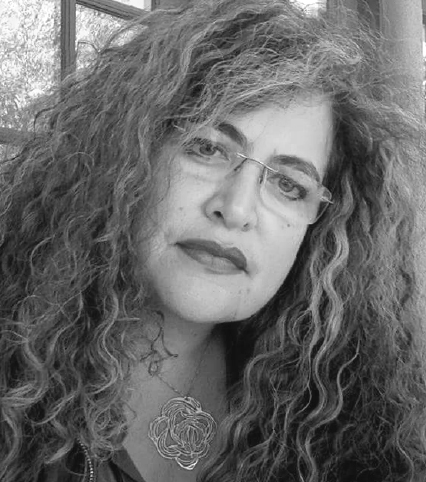
2016-2017 Sandra K. Soto holds a PhD in English, with a focus in ethnic and third world literature from the University of Texas, Austin. Her interdisciplinary research and teaching interests are Chicana/o and Latina/o literary and cultural studies, feminist theory, gender studies, and queer theory. Her book, Reading Chican@ Like a Queer: The De-Mastery of Desire (2010), replaces the race-based oppositional paradigm of Chicano literary studies with a less didactic, more flexible framework geared for a queer analysis of the discursive relationship between racialization and sexuality. She is currently working on a book tentatively titled, Feeling Greater Mexico, which mobilizes queer theories of affect to pursue unlikely connections between critical transnational studies and US ethnic studies. As a Winton Chair in residence, Soto taught undergraduate and graduate courses in the College of Liberal Arts; conducted a series of mentoring workshops and roundtables on the topic of academic publishing specifically geared toward graduate students and junior faculty; and hosted a symposium for the journal, Feminist Formations, to showcase some of the most pressing questions in feminist knowledge production.
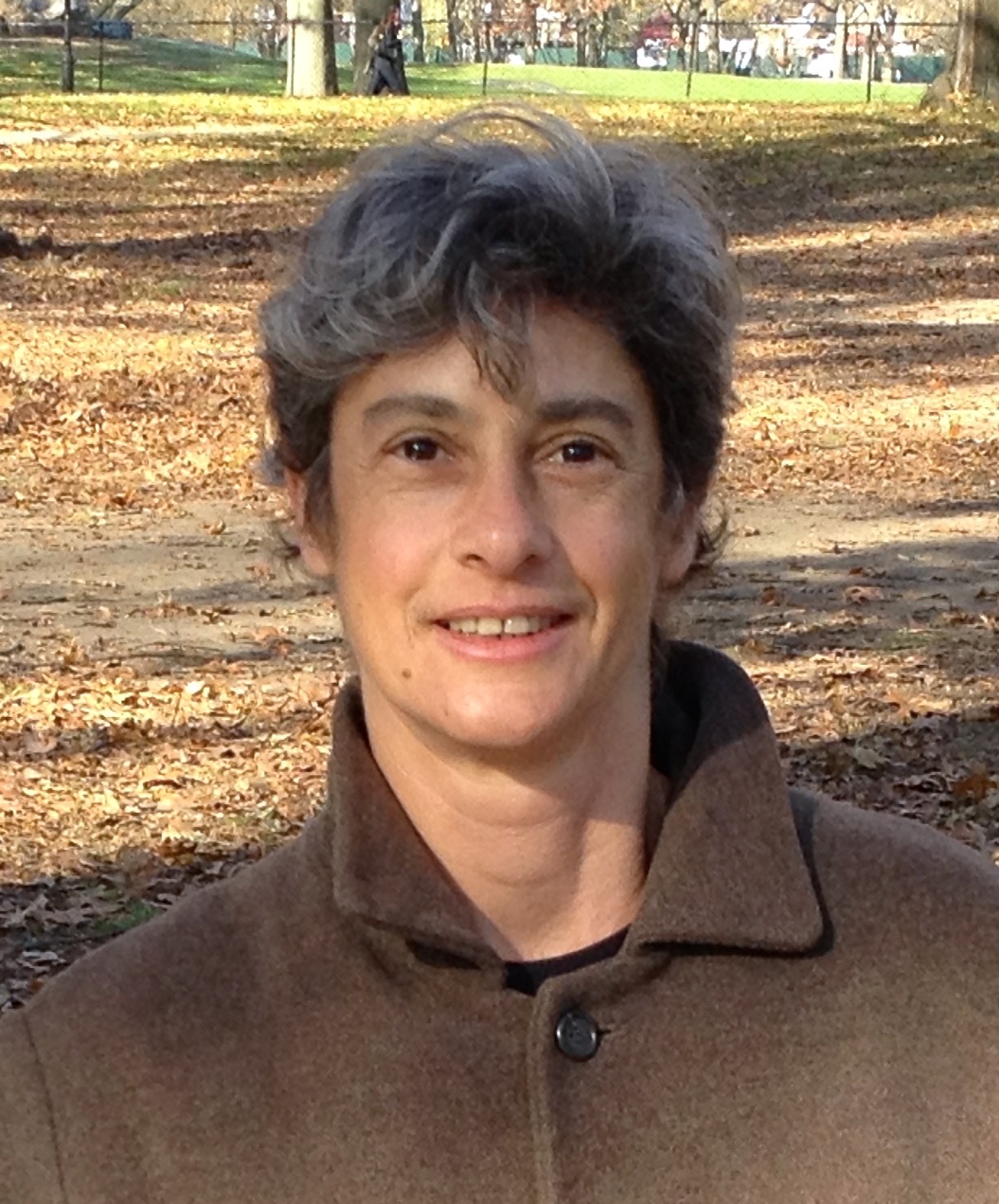
2016 Miranda Joseph was trained in the Modern Thought & Literature program at Stanford University (where she received her PhD in 1995), and is active in the fields of American Studies; Critical Finance Studies; and Gender, Women's, and Sexuality Studies. She is the author of Against the Romance of Community (UMN Press, 2002) and Debt to Society: Accounting for Life Under Capitalism (UMN Press, 2014). More recently, she has pursued collaborations to examine the limits and potentials of various forms of "counter-accounting," such as in "Challenging Assumptions: Crossing Disciplinary Divides to Make Knowledge about Gender and Finance," co-authored with Joyce Serido, Feminist Formations 26.2 (Summer 2014). As a Winton Chair in residence, Joseph facilitated an interdisciplinary reading group on gender, race, and financialized capitalism, in which faculty and graduate students from across the College of Liberal Arts read current scholarship and shared their own works-in-progress on the topic.
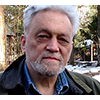
2010-2014 William Wimsatt is a professor of philosophy, a member of the Committee on Evolutionary Biology, and the Committee on the Conceptual Foundations of Science. His work centers on the philosophy of the inexact sciences–biology, psychology, and the social sciences–the history of biology, and the study of complex systems. Professor Wimsatt focuses primarily on a cluster of problems arising in the analysis of the structure, behavior, and evolution of complex, functionally organized systems.
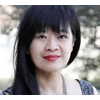
2012-13 Geraldine Heng is a euromedievalist by training, however, her work always focused on transnational worlds, including the non-western worlds of Dar al-Islam, Eurasia, Africa, and the many Asias. Her path-breaking scholarship on medieval romance and premodern race studies the relations between communities at the intersection of religion and power. She is Perceval Professor at the University of Texas-Austin and founded and co-directs the Global Middle Ages Projects (G-MAP), the Mappamundi digital initiatives, and the Scholarly Community for the Globalization of the Middle Ages (SCGMA). Originally from Singapore, she is also known for her articles on contemporary postcolonial feminism, nationalism, race, and cultural theory.
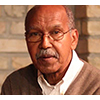
2010-12 Nuruddin Farah (novelist and playwright) explores themes ranging from the patriarchal clan system and exploitation of women, to the parallels between colonial practices and authoritarian regimes in post-colonial Somalia and the pain of cultural uncertainty in the post-colonial world, to complex issues related to the long-standing tribal disputes that continue to plague Somalia today. Farah was hosted by the Department of English. Read more about Farah's work as a Winton Chair at the University of Minnesota.
2008 Greil Marcus (critic) defines the parameters of pop music criticism, having first placed rock -n- roll squarely in the framework of culture and politics. He influences the academic and public discussion of American culture, popular music, radical European art movements, and the understanding of modern American cultural history.
2004 Bina Agarwal (economist) challenges the framework of traditional economics to calculate implicit power relationships. She carries an international perspective into the field of feminist economics and advances a complex interdisciplinary and intercountry exploration to analyze the effects of patriarchal decision making.
2002-2006 Evelyn Fox Keller (historian and philosopher of science) brings a particular feminist perspective to bear on her controversial analysis of twentieth century biology. She advances a philosophy of nature that undermines basic assumptions found in mainstream biology, as well as an epistemology that constitutes a distinctive form of feminism.
2002-2004 Alfredo Jaar (visual artist) questions the veracity of politically charged descriptions of war and atrocity by denying the viewer the visceral reaction that images would commonly illicit. His work raises questions about the limits of human sympathy.
1997-1998 Nebojsa Zivkovic (percussionist and composer) embodies a rare 19th century tradition of a composer and virtuoso in one person. He writes and performs compositions which speak to other musicians as “new music with sparks and soul,” influencing the repertoire among percussionists worldwide.
1997 Anne Bogart (actor and theatre director) brings international collaboration and performance studies to the advancement of methodologies to train theatre artists. She introduces anthropological and sociological questions and develops an appetite for theoretical inquiry of all performance elements.
1996 Louise Aranye Fradenburg (literary critic) crosses new borders in the critical analysis of medieval English and Scottish literature. She enters into risky and rigorous dialogue with contemporary critics by addressing modern historical criticism's participation in “unmaking the voice of the Jew.”
1995 Ruth Behar (anthropologist and poet) analyzes cultural anthropologists by highlighting their literary contributions, viewing cultural anthropology as a humanistic pursuit of expressing the poetry of people's lives. A Jewish Cuban American, she studies personal life experiences as an important part of her examination of the ethnographic field.
1995 Samuel Delany (science fiction writer and literary critic) challenges his readers with forms and themes of reflection and refraction in narratives that combine mythology, memory, language, perception, class and mobility. He informs literary criticism with an emphasis on issues in science fiction and other paraliterary genres, comparative literature and queer studies.
1994-1995 Helen Longino (philosopher) challenges the idea widespread among philosophers of science as well as their critics in social science that the rationality of science rests on its insulation from social phenomena. She advances the view that science is an inherently social enterprise and that objectivity involves having a form of social arrangements that ensure critical scrutiny from individuals representing a variety of different values.
1993 Ping Chong (theatre arts) produces transcultural international theatre using multidisciplinary performance arts as well as media and visual arts. He breaks with the tradition of situated authorship by allowing the effects of history, culture and ethnicity, specific to the performance location, to rewrite and redefine the work.
1993 Griselda Pollock (art historian and cultural analyst) challenges the dominant museum models of art and history by using theoretical and methodological innovations combined with deeply engaged readings of historical and contemporary art, film and cultural theory. She advances the discussion of art by articulating the complex relations between femininity, modernity, psychoanalysis and representation.